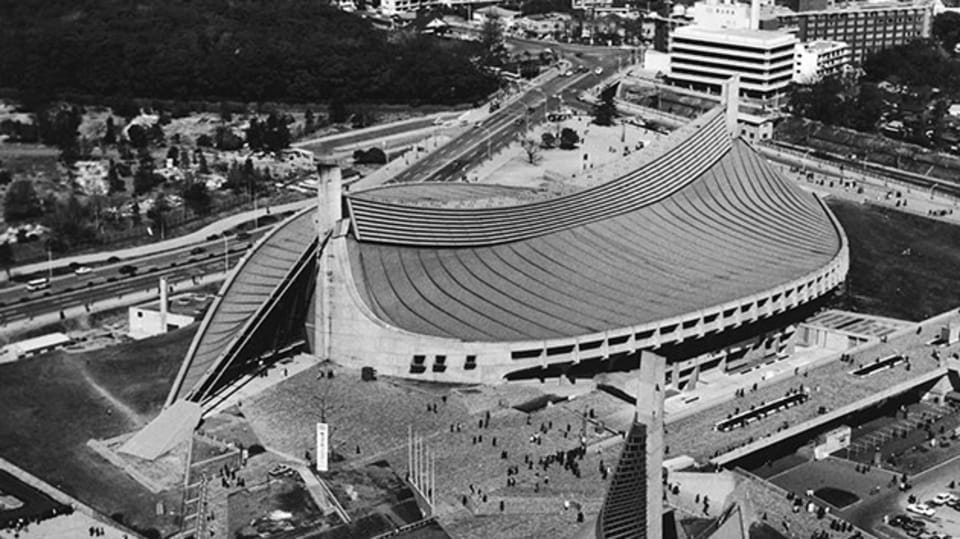Tokyo 1964 creates lasting legacies
As Tokyo marks the 50th anniversary of the 1964 Olympic Games, the legacies created by the event are still clear to see – and will play a key role when the Japanese city hosts the Games for a second time in 2020.

"The 1964 Games left countless invaluable legacies, still cherished half a century later," explained Tokyo 2020 CEO Toshiro Muto earlier this year. "Achieving the same level of environmental, social and economic legacy is our ultimate aim for 2020."
When Tokyo was awarded the 1964 Games, it triggered several major urban development projects that have continued to benefit the city over the last 50 years, including new highways, sports venues, hotels, airports and railway lines.
Perhaps the most high profile initiative was the construction of the Tōkaidō Shinkansen bullet train between Osaka and Tokyo, which demonstrated Japan’s industrial and technological strength to the rest of the world and has since carried more than 5.6 billion passengers.
Other long-term projects included the construction of 22 new highways, eight expressways and two subway lines. The city’s excellent transport infrastructure was a key component of its successful bid to host the 2020 Games, while some of the venues that were used during 1964 will also be utilised again in six years’ time, including Yoyogi National Gymnasium, Nippon Budokan and the Tokyo Metropolitan Gymnasium.
These and other venues have provided a lasting legacy from the 1964 Games and have hosted many other major sporting and cultural events over the last 50 years. Yoyogi National Stadium, for example, has held countless international competitions in figure skating, ice hockey, basketball and gymnastics, as well as staging concerts and major international conferences.
"Yoyogi National Stadium is a perfect example of our commitment to building on the 1964 legacy,” explained Tokyo 2020’s bid CEO Masato Mizuno in 2012. “After nearly a half-century, it is still a fabulous venue combining traditional Japanese design with visionary innovation. We have been deeply inspired by the enduring legacy of Tokyo 1964 in putting together a compelling plan for Tokyo 2020."
But the preparations for the 1964 Games did not only leave tangible legacies such as new train lines and venues, they also led to the creation of sports development programmes within Japan, which saw the country’s athletes win more medals than at any previous Games.
The success of Japanese athletes in 1964 subsequently led to the establishment of sports clubs and training centres and played an important part in spreading sports throughout the country. As a result, it became possible for a broad section of society, from children to the elderly, to enjoy sport on a regular basis.
With the Tokyo 2020 Organising Committee promising to build on the legacy of 1964 and create further benefits for the city – and Japanese society as a whole – the next 50 years look certain to be as bright as the previous half century.
